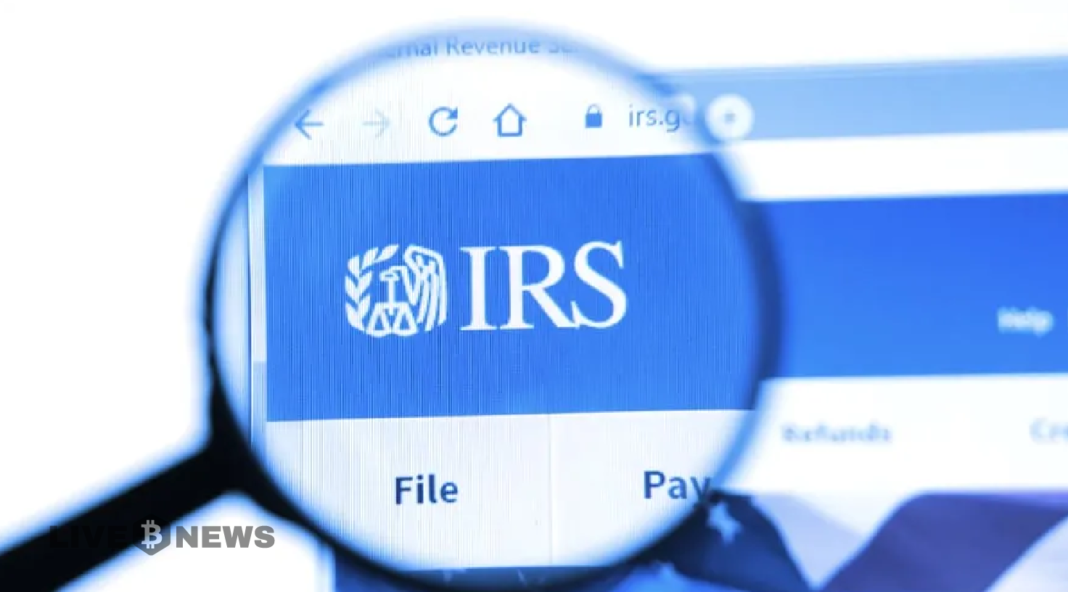- The Jarretts argue that staking rewards should be taxed as property, not income.
- The IRS’s current approach may result in over taxation and limit crypto network membership.
On October 10, 2024, Josh and Jessica Jarrett, Tezos network stakeholders, filed a second case against the IRS in federal court in Tennessee. The case challenges the IRS’s taxation of staking incentives from the Tezos network. It argues that tokens generated by staking should be recognized as property. These tokens should be taxed only upon sale, rather than at the time of creation. This legal case seeks to explain how staking rewards should be taxed in the United States.
The Jarretts argue that the IRS’s existing policy of treating staking prizes as income when they are created is an unreasonable interpretation of tax law. They compare staking benefits to farmers’ crops or manufactured goods, which are not taxed until sold. According to the Jarretts, block rewards from staking represent new assets defined as property. They argue that these rewards should follow the long-held principle that new property is not automatically classified as income.
This lawsuit is the Jarretts’ second attempt to satisfy their tax responsibilities linked to staking rewards. Their initial complaint, filed in 2021, was dismissed because the IRS reimbursed their taxes without providing clear instructions. However, the IRS eventually issued a directive making staking prizes taxable as income upon receipt. This inconsistency has led to the ongoing legal fight. The Jarretts are seeking clear answers on how staking rewards should be taxed.
In 2022, the IRS effectively dismissed the lawsuit after offering the Jarretts a $4,000 tax refund for income taxes paid on their staking rewards. The couple denied the refund, hoping to set a legal precedent for all proof-of-stake chains.
Despite earlier losses, the Jarretts are resolved to dispute the IRS’s treatment of their staking tokens and advocate for more transparent taxes.
As the case evolves, it may necessitate regulatory adjustments to better align tax rules with the unique features of digital currencies, ensuring that tax laws promote rather than obstruct innovation.





